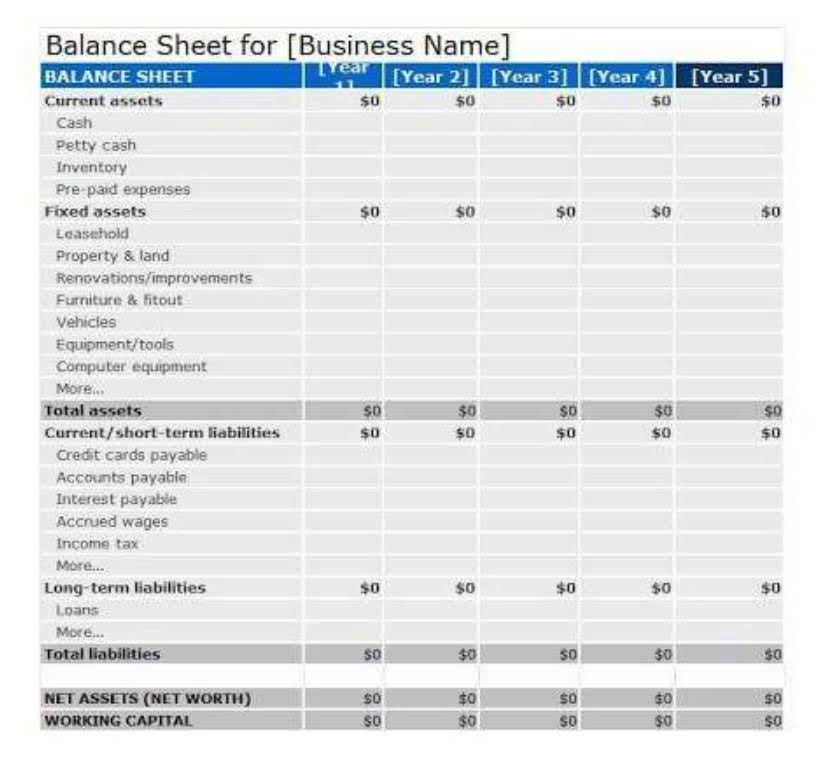GAAP vs IFRS: What’s the Difference?

GAAP is the U.S. financial reporting standard for public companies, whereas non-GAAP is not. Unlike GAAP, non-GAAP figures do not include non-recurring or non-cash expenses. Also, because there are no standards under non-GAAP, companies may use different methods for financial reporting. As a result, it is difficult to compare financial results between companies in an industry and between industries. This makes it easier for investors to analyze and extract useful information from the company’s financial statements, including trend data over a period of time.

This is more likely to occur when there are common rules for financial reporting. When financial statements are distributed by a business or other organization, the common rules that must be followed are known as generally accepted accounting principles or GAAP. The information in these financial statements help lenders, investors and others evaluate a company or organization. The generally accepted accounting principles (GAAP) are the standardized set of principles that public companies in the U.S. must follow. Thorough investment research requires an assessment of both GAAP and adjusted results (non-GAAP), but investors should carefully consider the validity of non-GAAP exclusions on a case-by-case basis. The reason is to avoid misleading figures, especially as reporting standards diverge.
Principle of Consistency
Some scholars have argued that the advent of double-entry accounting practices during that time provided a springboard for the rise of commerce and capitalism. GAAP, or Generally Accepted Accounting Principles, is a commonly recognized set of rules and procedures designed to govern corporate accounting and financial reporting in the United States (US). This principle requires accountants to use the same reporting method procedures across all the financial statements prepared. Though it is similar to the second principle, it narrows in specifically on financial reports—ensuring any report prepared by one company can be easily compared to one another.
However, this problem-by-problem approach failed to develop the much needed structured body of accounting principles. Thus, in 1959, the AICPA created the Accounting Principles Board (APB), whose mission it was to develop an overall conceptual framework. In short, GAAP is designed to ensure a consistent presentation of financial statements, making it easier for people to read and comprehend the information contained in the statements. When compiling reports, accountants must assume a business will continue to operate.
Common issues small-business owners deal with
In the United States, financial reporting practices are set forth by the Financial Accounting Standards Board (FASB) and organized within the framework of the generally accepted accounting principles (GAAP). Critics of principles-based accounting systems say they can give companies far too much freedom and do not prescribe transparency. They believe because companies do not have to follow specific rules that have been set out, their reporting may provide an inaccurate picture of their financial health. In the case of rules-based methods like GAAP, complex rules can cause unnecessary complications in the preparation of financial statements.
Norfolk Southern reports third quarter 2023 results – PR Newswire
Norfolk Southern reports third quarter 2023 results.
Posted: Wed, 25 Oct 2023 12:00:00 GMT [source]
GAAP pronouncements into roughly 90 accounting topics and displays all topics using a consistent structure. It also includes relevant Securities and Exchange Commission (SEC), guidance that follows the same topical structure in separate sections in the Codification. The GAAP has gradually evolved, based on established concepts and standards, as well as on best practices that have come to be commonly accepted across different industries. Accountants must, to the best of their abilities, fully and clearly disclose all the available financial data of the company. They are obligated to acquire this information from the business, which is why an accounting team’s requests may seem intensely thorough when requesting financial information. Companies are still allowed to present certain figures without abiding by GAAP guidelines, provided that they clearly identify those figures as not conforming to GAAP.
How Are Expenditures Related to Research and Development Treated Under U.S. GAAP vs. IFRS?
Internationally, the accounting standard is the International Financial Reporting Standards (IFRS). GAAP is a set of detailed accounting guidelines and standards meant to ensure publicly traded U.S. companies are compiling and reporting clear and consistent financial information. Any company following GAAP procedures will produce a financial report comparable to other companies in the same industry. This provides investors, creditors and other interested parties an efficient way to investigate and evaluate a company or organization on a financial level. Under GAAP, even specific details such as tax preparation and asset or liability declarations are reported in a standardized manner.
The Financial Accounting Standards Board (FASB) uses GAAP as the foundation for its comprehensive set of approved accounting methods and practices. Revenue recognition is generally required of all public companies in the U.S. according to generally accepted accounting principles. In many cases, it is not necessary for small businesses as they are not bound by GAAP accounting unless they intend to go public. GAAP addresses such things as revenue recognition, balance sheet, item classification, and outstanding share measurements. If a financial statement is not prepared using GAAP, investors should be cautious.
GAAP vs. IFRS: An Overview
This means that revenue is recognized on the income statement in the period when realized and earned—not necessarily when cash is received. Generally accepted accounting principles (GAAP) are commonly followed standards, concepts, principles, and industry-specific rules for financial reporting. Many countries around the world have adopted International Financial Reporting Standards (IFRS).
The standards include definitions, concepts, principles, and industry-specific rules. In other words, GAAP is a collection of concepts and best accounting practices accepted throughout the industry. The standards that govern financial reporting and accounting vary from country to country.
How does IFRS differ from GAAP?
As of 2022, the convergence project is coming to an end and no new projects will be added to the agenda. While the Codification does not change GAAP, it introduces a new structure—one what is gaap that is organized in an easily accessible, user-friendly online research system. Financial statements must be prepared in a way that follows and meets GAAP standards.


Recent Comments